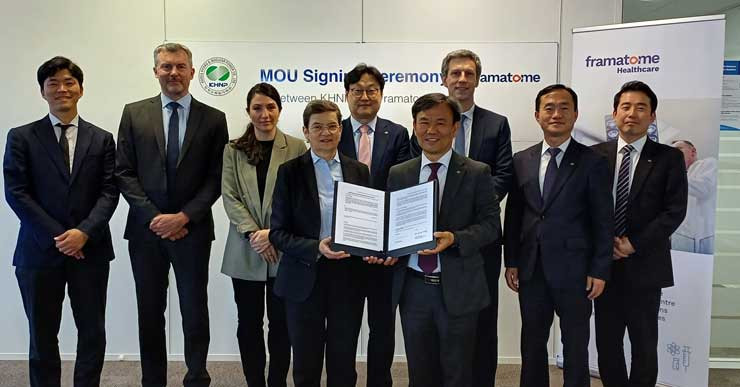U.S., South Korea explore MOU on nuclear cooperation

The U.S. and South Korea have reached a provisional agreement and are working on a memorandum of understanding to advance the countries’ partnership on civil nuclear energy.


The U.S. and South Korea have reached a provisional agreement and are working on a memorandum of understanding to advance the countries’ partnership on civil nuclear energy.
Last Energy seeks $103.7M for Welsh microreactor project
American start-up Last Energy has received a letter of interest from the Export-Import Bank of the United States (EXIM), confirming the bank’s willingness to move forward with due diligence...
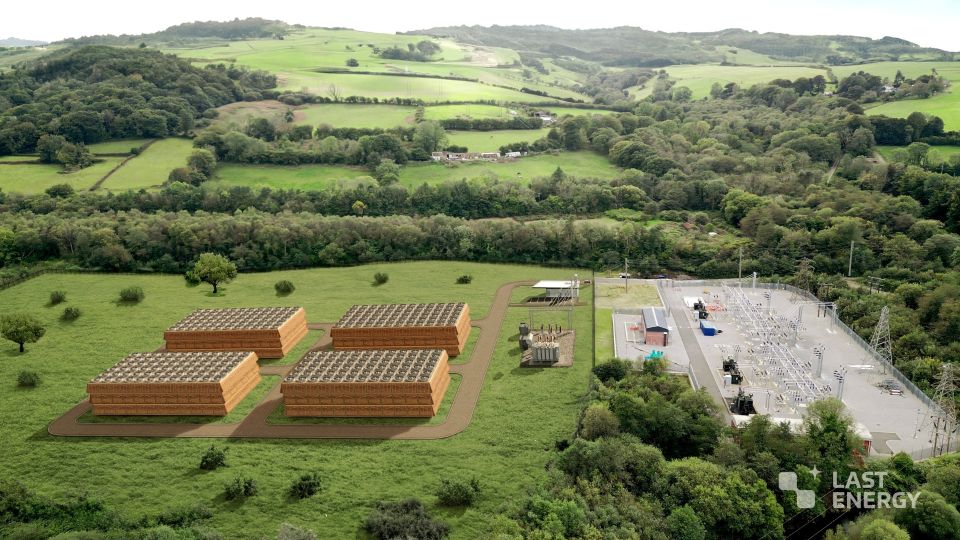
United Kingdom’s nuclear waste progress described in report
Nuclear Waste Services (NWS), an organization comprised of the United Kingdom’s Low Level Waste Repository, Radioactive Waste Management, and Nuclear Decommissioning Authority (NDA), has...
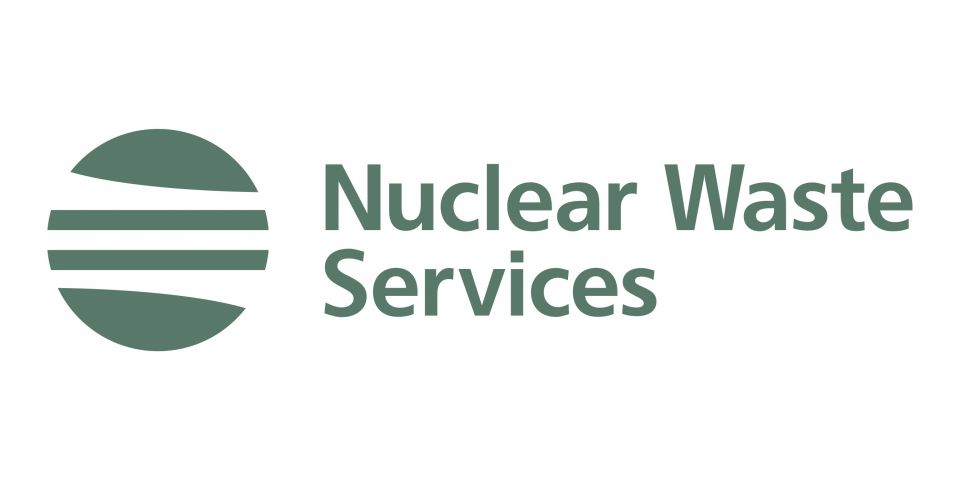
Westinghouse AP300 SMR application filed with UK regulator
The United Kingdom’s Department of Energy Security and Net Zero has signed off on Westinghouse’s AP300 small modular reactor earlier this month....

Decommissioned enrichment plant gets second life as safeguards training center
Uranium enricher Urenco welcomed representatives from the International Atomic Energy Agency to an August 19 event to mark the creation of an IAEA Centre of Excellence for Safeguards and...
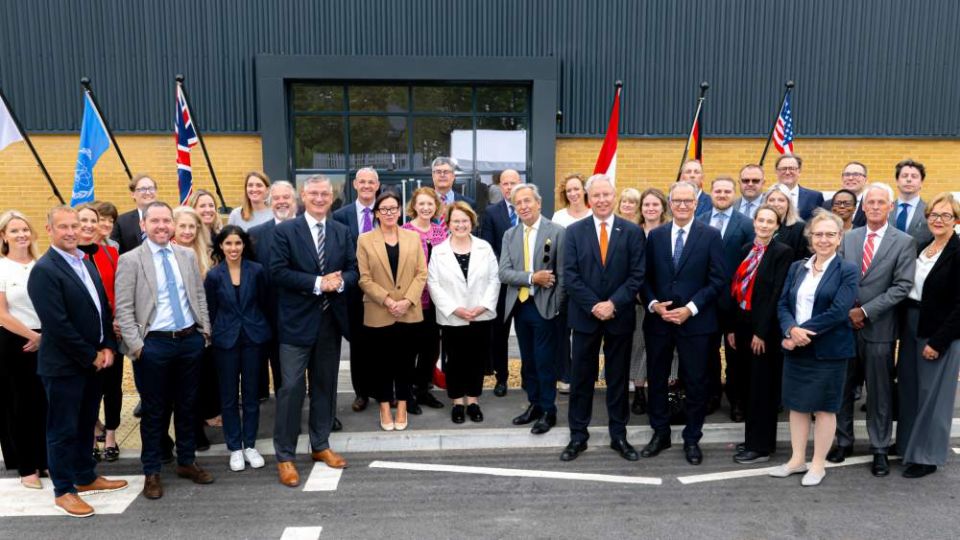
Teenager’s school project achieves plasma
Cesare Mencarini’s recent extended project qualification (EPQ) earned him an “A” for his studies in the United Kingdom—and became, it is believed, the first nuclear reactor built in a...
Reports: Rolls-Royce looks to sell SMR subsidiary
Engineering company Rolls-Royce is considering the sale of its small modular reactor subsidiary to inject new funding into the company’s overall business plans, the Sunday Telegraph first...
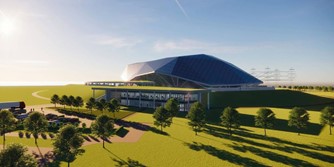
Rolls-Royce SMR earns second U.K. assessment
The small modular reactor design from Rolls-Royce has cleared step two of the United Kingdom’s generic design assessment (GDA) and is moving to the third and final step.The company announced...

U.K. announces new site for mega-nuclear power station
The United Kingdom has announced a northern Wales site as its preferred location for a third mega-nuclear power station as the nation aims to support long-term energy security.Following its...
Urenco awarded $245M to build U.K. HALEU facility
The U.K. government this week announced a $245 million (£196 million) award to help Urenco build Europe’s first advanced reactor fuel manufacturing plant, which will be located in northwest...

Framatome, KHNP to investigate producing Lu-177 in South Korea
Framatome and Korea Hydro & Nuclear Power (KHNP) have announced the signing of a memorandum of understanding to explore the possibility of producing the medical isotope lutetium-177 at...
